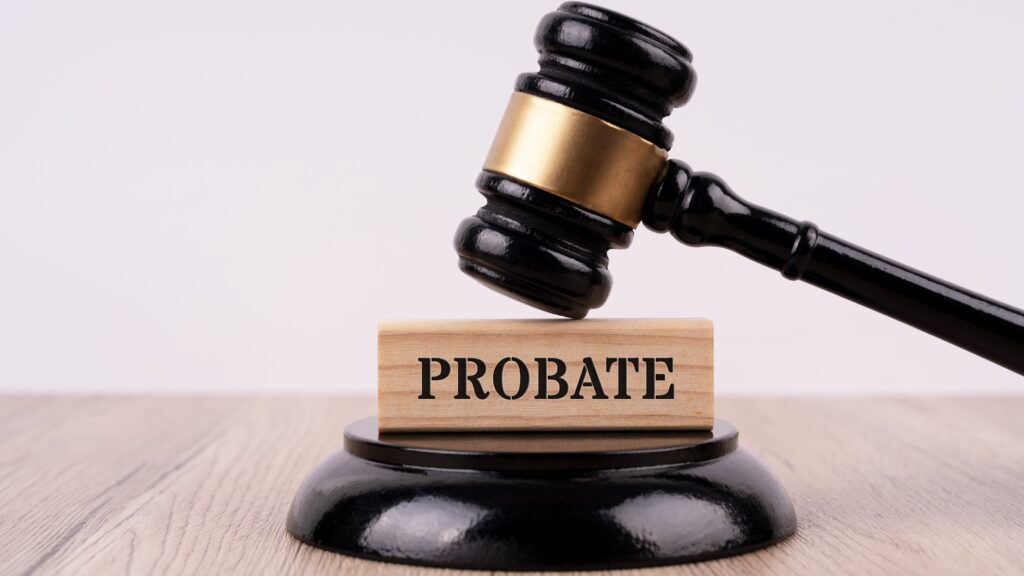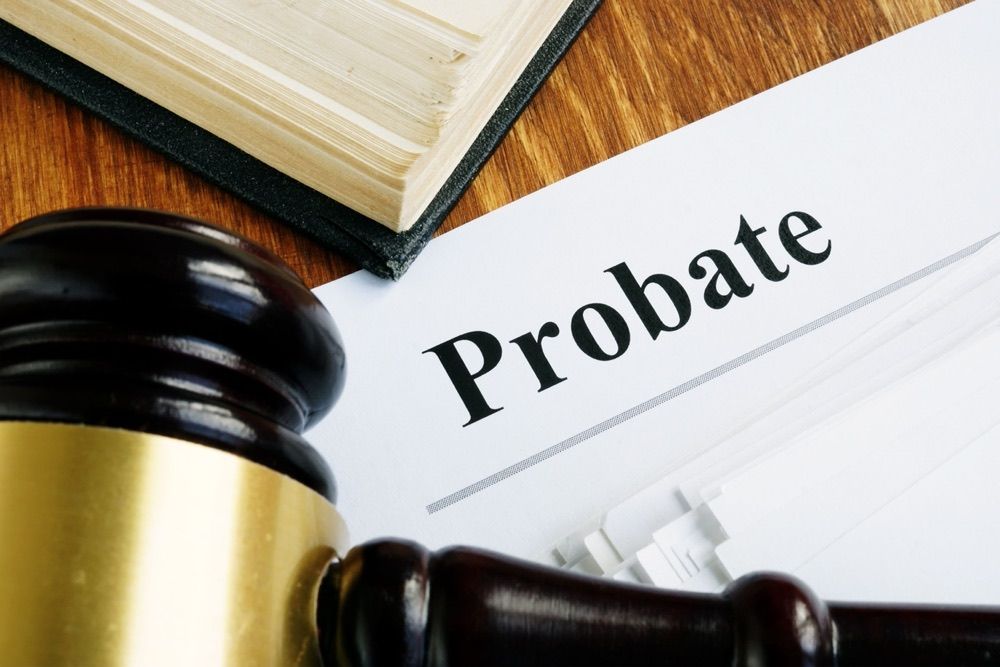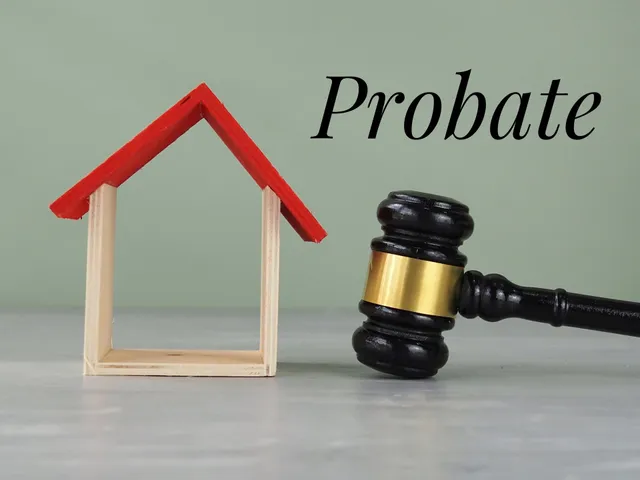Understanding the Role of Executors in Texas Probate
Executors play a crucial role in the probate process, serving as the appointed representatives who manage the estate of the deceased. Their responsibilities include gathering assets, paying debts and taxes, and distributing the remaining assets to beneficiaries according to the will.
In Texas, executors must adhere to specific legal requirements, such as filing the will with the probate court and providing notice to interested parties. It's important for executors to understand their duties thoroughly, as failure to comply with legal obligations can lead to personal liability and potential disputes among heirs.
Common Challenges in Texas Probate Proceedings
Probate proceedings can be fraught with challenges, including disputes among heirs, claims from creditors, and issues related to the validity of the will. Understanding these common challenges can help families prepare and navigate the probate process more effectively.
For instance, if a will is contested, it can lead to lengthy court battles that delay asset distribution. Additionally, complex estates with significant debts may require careful management to ensure that all obligations are met before assets are distributed, making professional legal guidance essential.
Probate Alternatives: What Are They and When to Use Them?
Probate alternatives, such as living trusts and joint ownership, can simplify the transfer of assets upon death and avoid the probate process altogether. These alternatives can be particularly beneficial for individuals looking to streamline the distribution of their estate and minimize court involvement.
For example, assets placed in a living trust can bypass probate, allowing for a quicker and more private transfer to beneficiaries. Understanding the pros and cons of these alternatives can help individuals make informed decisions during estate planning, ensuring their wishes are honored without unnecessary delays.
How to Choose the Right Probate Attorney in Texas
Selecting the right probate attorney is vital for navigating the complexities of Texas probate law effectively. A qualified attorney can provide valuable guidance, ensuring compliance with legal requirements and representing the interests of the estate and its beneficiaries.
When choosing a probate attorney, consider factors such as their experience in Texas probate law, client reviews, and their approach to communication. A good attorney will not only have a thorough understanding of the law but also be empathetic to the emotional challenges families face during the probate process.











